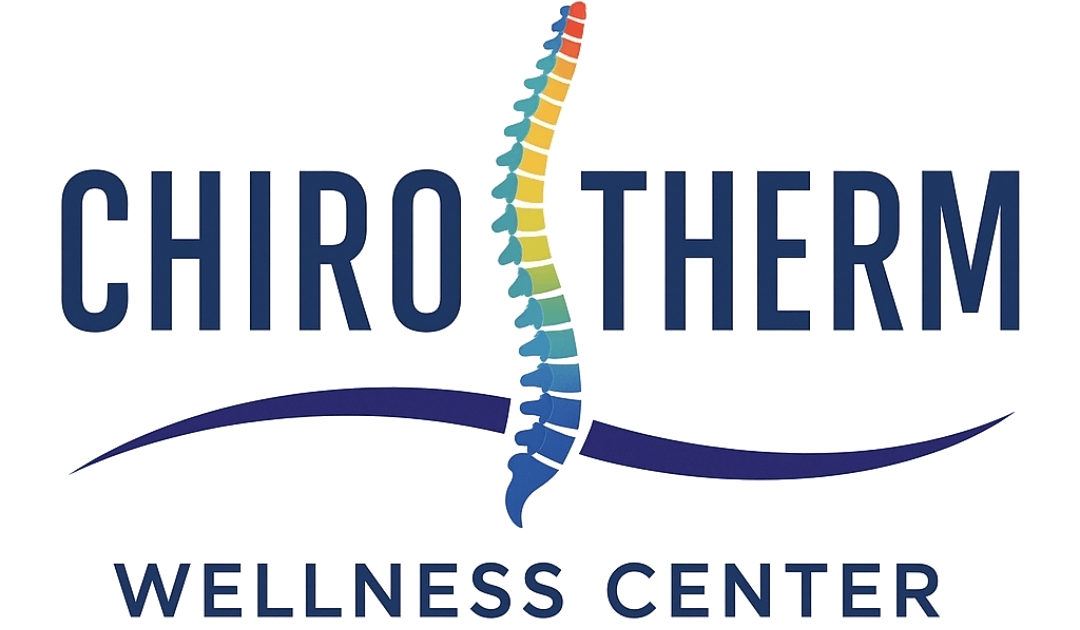Upper Cervical Thermography
- Home
- Upper Cervical Thermography
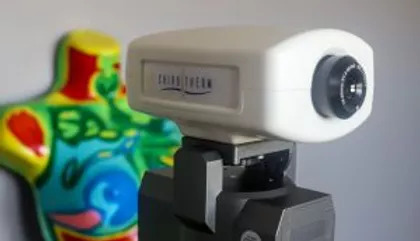
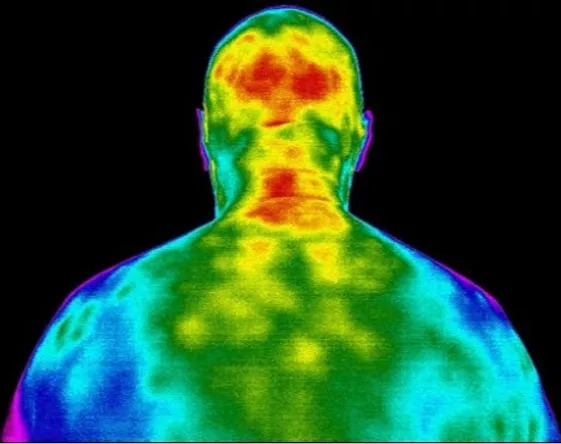
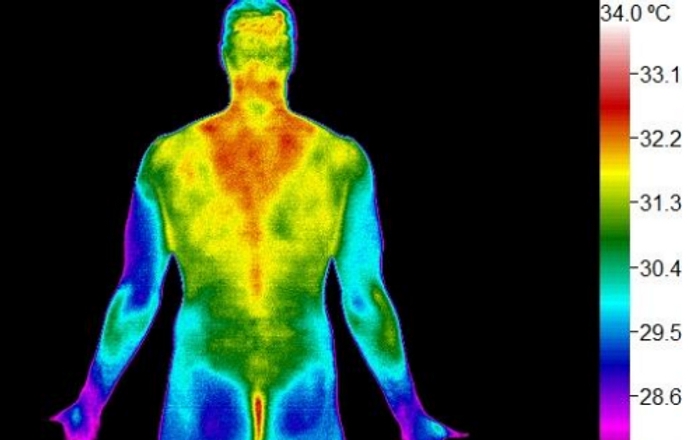
Revolutionizing Chiropractic Diagnosis
Advanced Infrared Thermography for Upper Cervical Spine & Whole-Body Health
For the upper cervical chiropractor, Infrared spectrum technology has provided our doctors with an enhanced ability to locate and identify subluxation and its systemic effects of the entire body. Not only is it an invaluable tool in the evaluation of subluxation, it can also provide objective evidence of other health conditions such as stroke, cardiovascular disease, inflammation, neuropathy, and cancer.
Beyond Paraspinal Analysis: A New Frontier in Subluxation Evaluation
What You Need to Know
Comprehensive Benefits of Infrared Thermography

Utilization
Infrared thermography is used to measure the infrared radiation emitted from the body due to nerve damage, inflammation, or cancerous growth. Benefits Include:
- Measure neurovascular function
- Identify spinal inflammation
- Locate tissue damage
- Monitor recovery and healing

Applications
- Neurological Conditions
- Spinal Suluxation
- Vertigo and Headaches
- Spinal Damage
- Pinched Nerve
- Numbness and Tingling
- Childhood and Adult Scoliosis
- Sciatica and Low Back Pain

Safety
The best part about infrared thermography is that it does not emit anything into the body, it only detects the heat that is coming out.
- Safe for Pregnancy
- Pediatric and Newborn Safe
- Painless and Quick
- Non-Invasive
- No Radiation
Guided Integration
Integrating Thermography is Simple...
- Choose a camera for your practice. Our experts will help you decide .
- Design your Thermography Room with help from our staff
- Receive certification through PACT
- Evaluate your patient images or send in for interpretation
- Create a customized program for your patients
- Use thermography daily or to re-evaluate upon completion of program.
- Can be used live during treatment as a video

Focused Approach
Upper Cervical & Chiropractic Applications
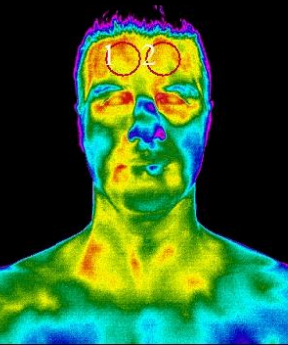
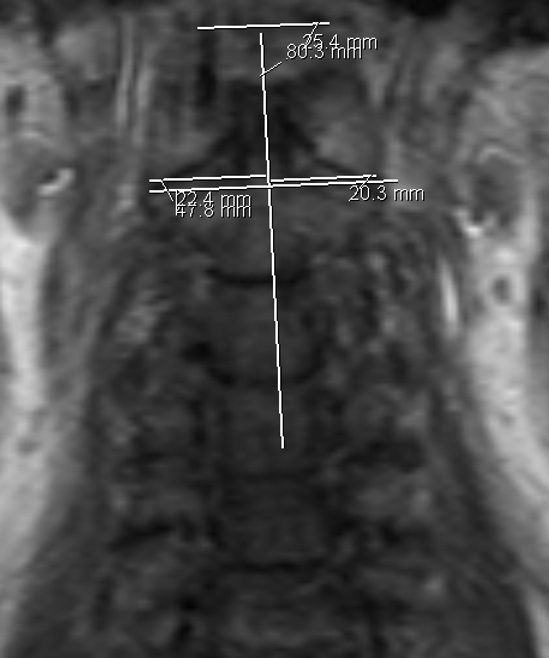
Frontal
- Cerebrovascular Screening
- Facial Nerve Evaluation
- Oral and Orbital Evaluation
- Sinus Visualization
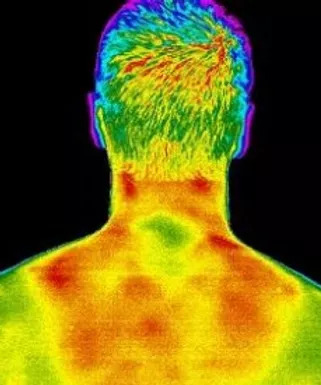
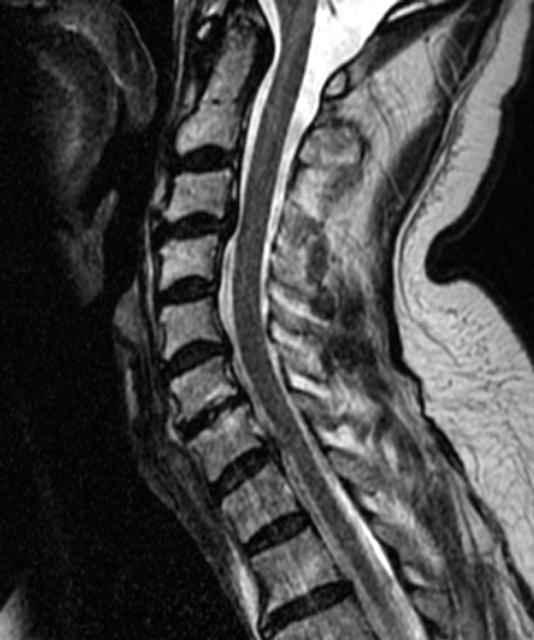
Posterior
- Nerve Impingement
- Paraspinal Symmetry
- Myotomal Evaluation
- Dermatomal Evaluation
- Inflammation
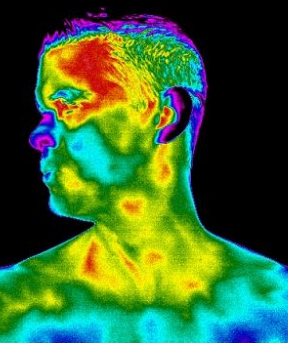
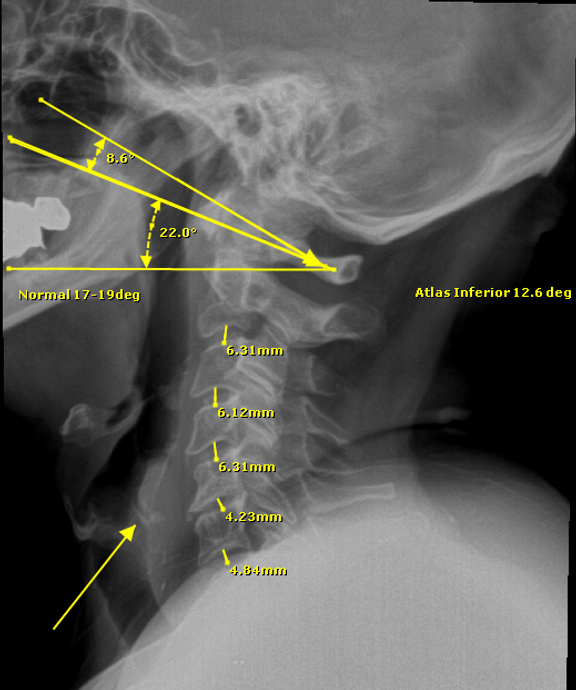
Lateral
- Symmetry Evaluation
- Anterior Atlantal Tissue
- Lymphatic System
- Auditory Canal Evaluation
- Termporal Artery Function
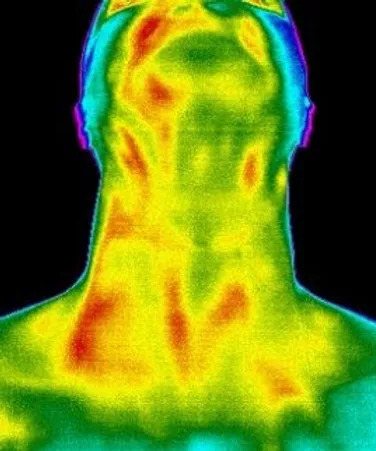
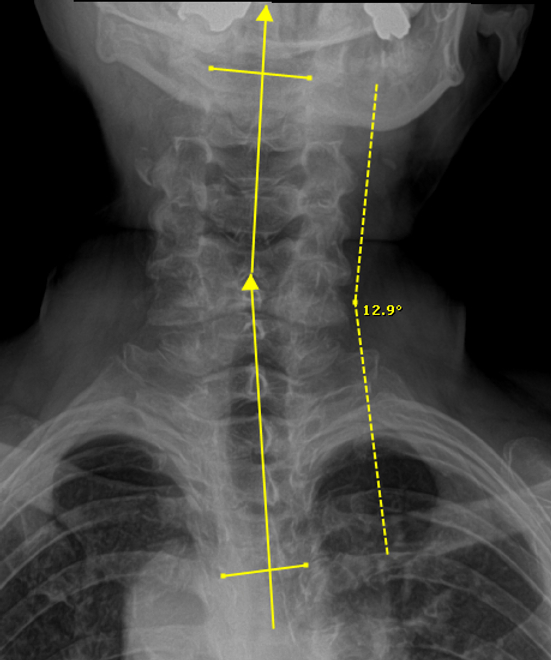
Anterior
- Carotid Artery Evaluation
- Thyroid Evaluation
- Lymph Evaluation
- Scalene Symmetry
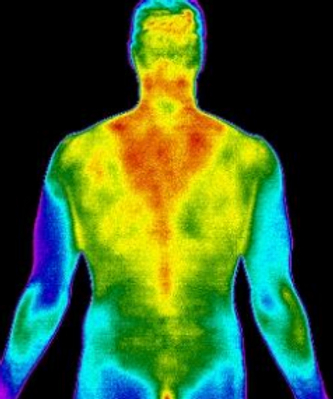
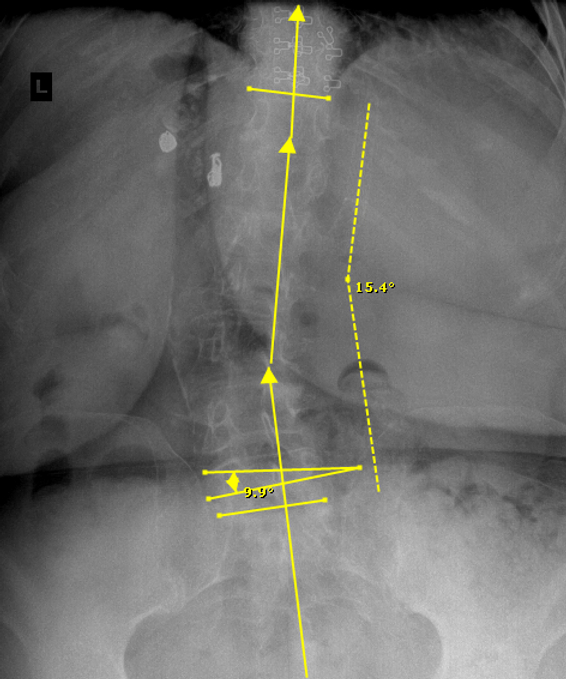
Full Spine
- Systemic Effect
- Radiculopathy
- Adaptive Stress
- Global Inflammation
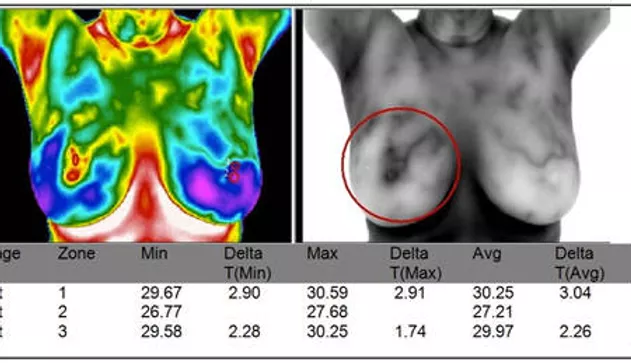
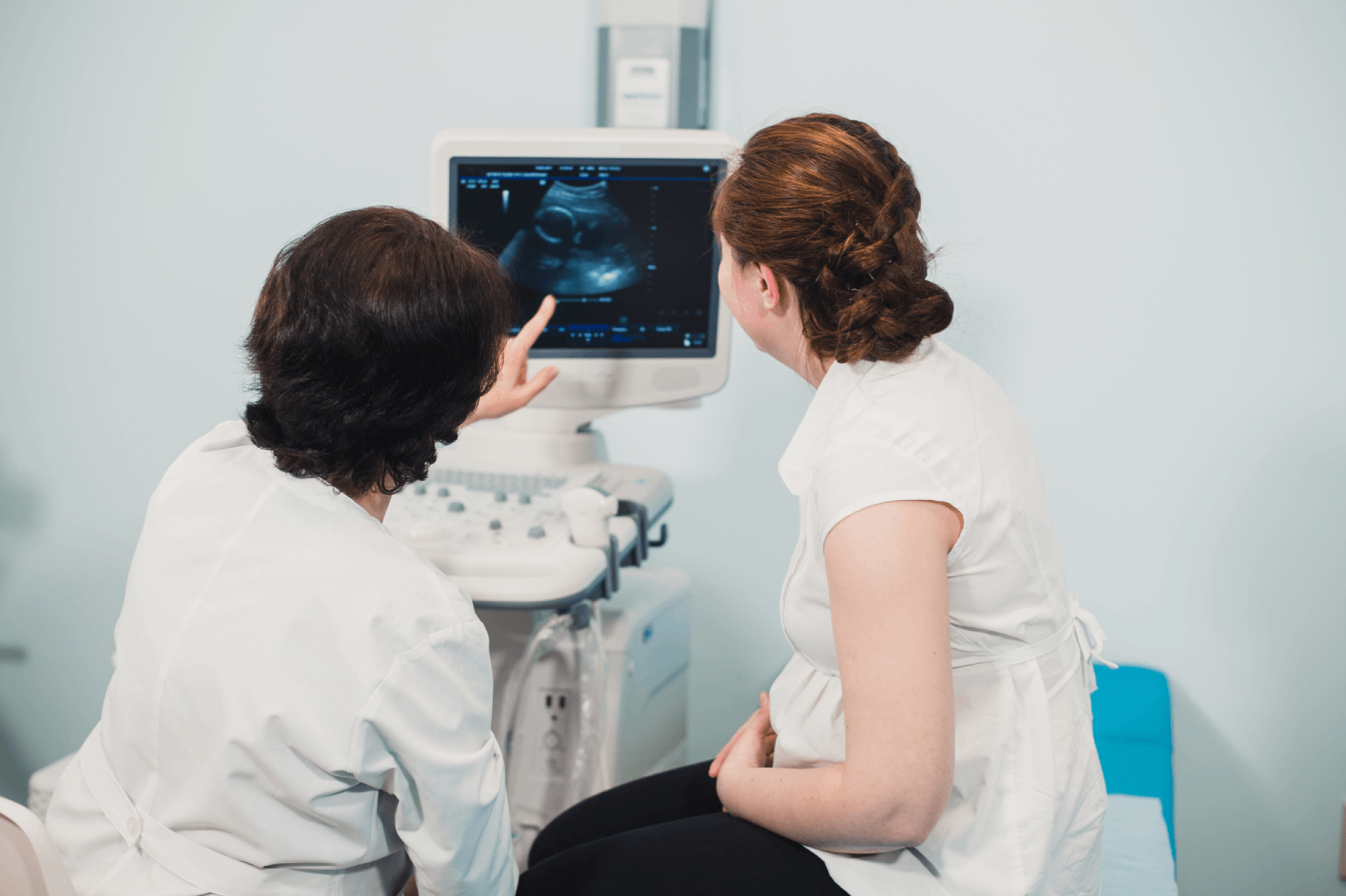
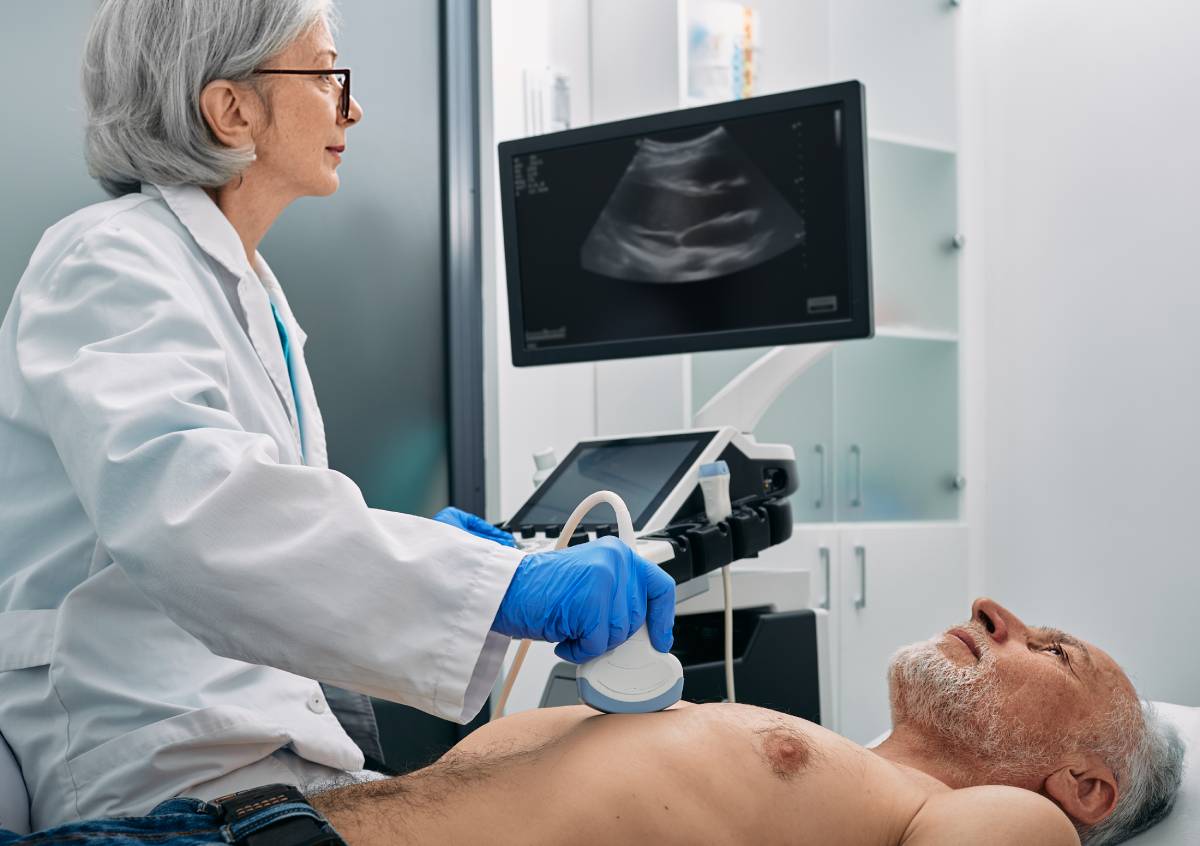
Additional Applications
Breast Thermography
Breast thermography is a non-invasive, radiation-free, and painless method for screening breast health. It uses state-of-the-art medical infrared technology to detect and assess heat patterns in breast tissue. By establishing an individual thermal baseline through comparative exams, thermography helps monitor subtle physiological changes over time—providing valuable insights into early signs of inflammation or potential abnormal activity.
With breast thermography, we analyze heat patterns in the breast that may signal underlying pathology. Tumor growth often leads to increased vascular activity, which generates heat that can be detected by advanced infrared cameras. Thermography is especially useful for assessing fibrocystic breasts and provides a safe, non-invasive way to monitor overall breast health.
Thermography should always be used as a tool in addition to other diagnostic testing

Thyroid Pathology
Inflammation is a key component of thyroid disease. Thermal imaging can detect heat patterns in the thyroid region, making it useful for early screening. It can also help monitor the healing process and assess how well a patient is responding to medication or treatment over time.

Cerebrovascualr
The cerebrovascular examination assesses blood flow to the forehead by measuring surface temperature. A reduction in heat on one side may suggest impaired circulation or a possible blockage in the carotid artery pathway, offering valuable insight into vascular function.

Neuro-Muscular
Impingement upon a nerve can alter normal blood flow, leading to observable physiological changes. In some cases, affected dermatomes or myotomes may be visible through a reduction in surface heat. These areas present as hypothermic patterns on thermal imaging, providing insight into potential nerve compression or dysfunction.
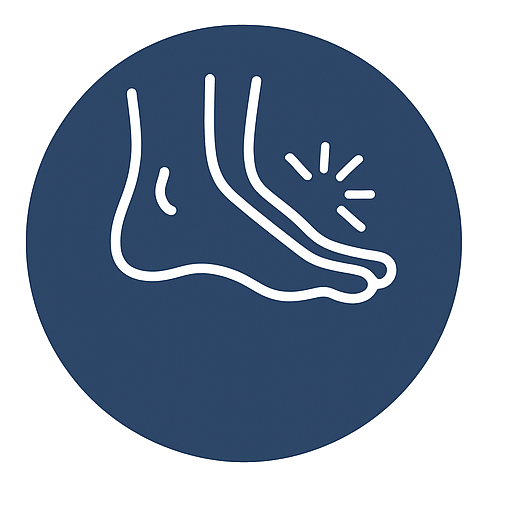
Postural Assessment
Postural stress places abnormal strain on joints, particularly on the side of deviation. Thermal imaging can identify the resulting inflammation or ischemia in these cases. The plantar surfaces of the feet are highly sensitive and typically exhibit increased heat on the side of postural stress, increased weight bearing, or compensatory gait abnormalities.
